Martial Peak Reviews
Marine St. Jean's Tyton: The Spider and the Dragonfly is a compelling exploration of human connection, corporate control, and the quest for personal freedom in a world dominated by technology and societal expectations. This novel deftly weaves together the lives of three women, each grappling with their own demons, as they navigate a landscape where the lines between reality and artificial intelligence blur. The narrative is a rich tapestry of emotional depth, suspense, and philosophical inquiry, making it a standout in the realm of speculative fiction.
The story begins with Callie, a character who embodies the struggle between personal desires and societal obligations. Once a lover of rope and the freedom it symbolized, Callie's life takes a turn when her girlfriend loses her job and the chem tech that kept her stable. This loss sets Callie on a path of self-discovery and healing, as she attempts to move past her two-year dry spell with the help of her persistent best friend. The introduction of Lumijute, a new product, serves as a catalyst for change, offering Callie a chance to meet someone new and perhaps reclaim the sense of control she once cherished. Callie's journey is a poignant exploration of loss, resilience, and the search for identity in a world that often demands conformity.
Talia, another central character, is driven by a need for revenge against the Natalist cult she was born into. Her rage and desire for vengeance are palpable, yet it is her vulnerability that truly resonates. Talia's relationship with her ex was the only thing that tempered her anger, and her struggle to move on is both heartbreaking and relatable. The introduction of Callie into her life presents a potential for healing and understanding, as both women grapple with their pasts and the possibility of a future together. Talia's character is a testament to the complexity of human emotions and the power of connection in overcoming personal trauma.
Sesi, the third protagonist, is on a quest to avenge her mother's death, a journey that leads her to uncover secrets about Lumijute that could have far-reaching consequences. Her need for justice is a driving force, yet it is her intelligence and determination that make her a formidable character. The revelation that she needs an AI psychologist to unravel the truth adds an intriguing layer to the narrative, especially when she discovers that the psychologist is dating her ex. Sesi's story is a thrilling exploration of the intersection between technology and morality, raising questions about the ethical implications of AI and corporate power.
The themes of Tyton: The Spider and the Dragonfly are both timely and timeless. The novel delves into the impact of corporate control and technological advancement on individual freedom, a topic that resonates deeply in today's world. The presence of cults and corporations as antagonistic forces highlights the tension between personal autonomy and societal pressure, a theme that is expertly woven throughout the narrative. The use of cyberware and AI as both tools and threats underscores the duality of technology as a force for both liberation and oppression.
St. Jean's writing is both evocative and thought-provoking, with a keen eye for detail and a deep understanding of human psychology. The characters are richly developed, each with their own distinct voice and motivations. The interplay between Callie, Talia, and Sesi is masterfully crafted, with their individual stories intertwining to create a cohesive and compelling narrative. The dialogue is sharp and realistic, capturing the nuances of human interaction and the complexity of relationships.
In comparison to other works in the genre, Tyton: The Spider and the Dragonfly stands out for its focus on character development and emotional depth. While it shares thematic similarities with novels like William Gibson's Neuromancer and Neal Stephenson's Snow Crash, St. Jean's work is distinguished by its emphasis on the personal and the intimate. The novel's exploration of identity, loss, and redemption is reminiscent of Margaret Atwood's The Handmaid's Tale, yet it offers a unique perspective on the intersection of technology and humanity.
Overall, Tyton: The Spider and the Dragonfly is a captivating and insightful read that challenges readers to consider the implications of a world where technology and corporate power reign supreme. St. Jean's ability to blend suspense, emotion, and philosophical inquiry makes this novel a must-read for fans of speculative fiction and anyone interested in the complexities of the human experience. The book's impact lies in its ability to provoke thought and inspire reflection, leaving readers with a deeper understanding of the world and their place within it.
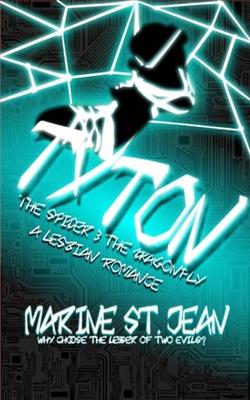





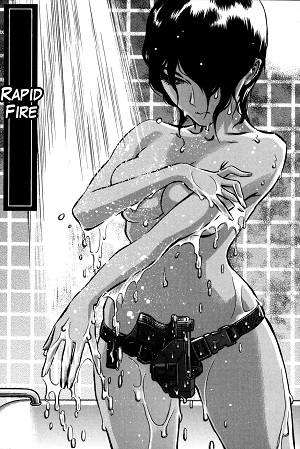
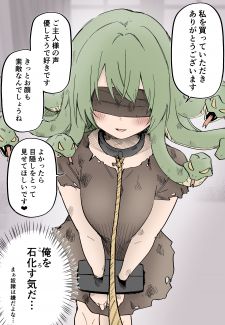

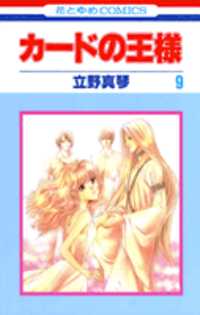
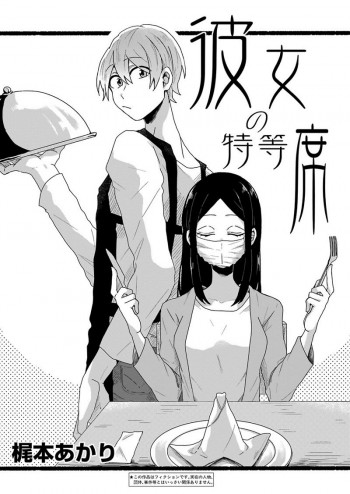

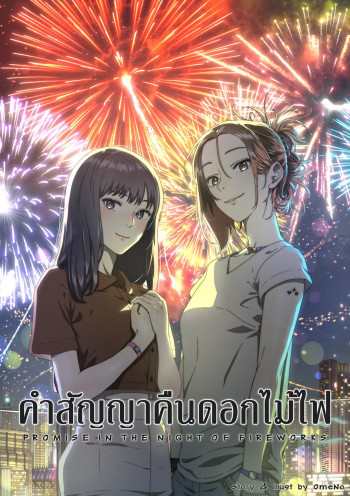











Reviews 0
Post a Reviews: